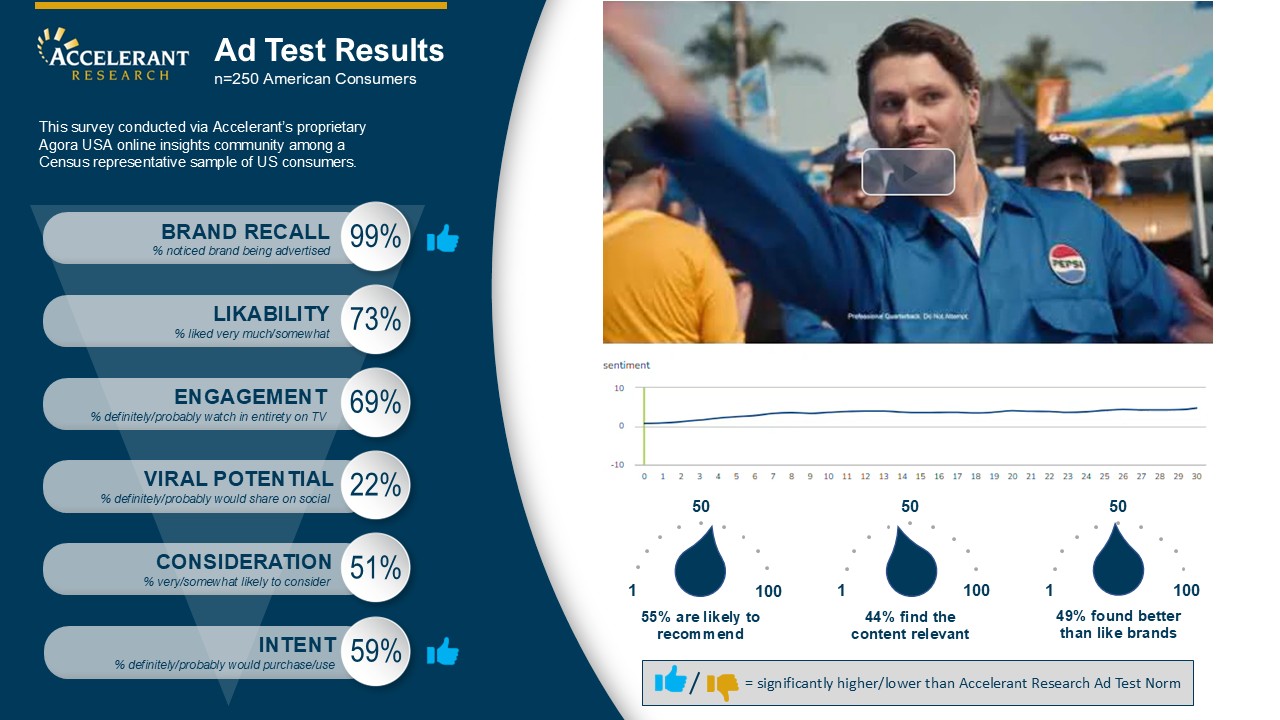Most consumers consider themselves pretty rational. It follows they also feel that they make their product and service choices accordingly. Ask them why they chose Product A over Product B, and most will offer a fairly rational answer. But these tangible reasons are only part of the story; underlying preferences, personal values, and emotive factors often contribute to consumer decisions as well.
While the goal of qualitative research is always to understand the customer better, what happens when a consumer doesn’t have a full grasp of their below surface motivators or, is aware but has difficulty articulating them? In cases like these, it’s worth taking a page from the playbooks of clinical psychologists and psychoanalysts everywhere. Projective techniques, paired with traditional discussion, can be an invaluable tool for peeling back layers and getting at deeper, and sometimes seemingly less rational, motivators for behavior.
Accelerant Research has a full-time staff of moderators with extensive experience in moderating and analyzing qualitative data across a wide range of topics, audiences, and qualitative research methodologies. This series will introduce some of our moderator team’s favorite projective exercises, along with situations in which we’ve used them successfully. So, read on for some ideas that might add a couple of fresh techniques into your qualitative toolboxes. (We promise, no inkblots).
Dear John: It’s Not Me, It’s You
Lost customers are a frequent recruit target for high impact insights, including former customers who have gone on to do business with another brand or prospects who decided to go with a competitive product. When asked directly about their reasons, initial responses tend to be fairly high level: Better service, better price, I just like Product Z better. Any skilled moderator will dig into these responses for deeper context, but a projective exercise adds some real value and helps make the terrain here a little easier on the shovel.
For lost consumers in particular, asking the participant to write a one-page “Dear John” break-up letter addressed to “Brand Y,” as if the brand were a person, outlining reasons things didn’t work out, can add real value. The task is fun and therefore easy to pay attention to; role-playing can loosen up respondents and get their creative juices flowing. Who among us hasn’t fantasized about writing such a letter when a company fails us, let alone ensuring that someone is actually going to read it? Not getting asked why you’re going somewhere else makes it feel like you’re undervalued.
The “Dear John” assignment itself is specifically designed to help consumers tap into their emotive sides as they frame their letters. No one wants to admit they broke up with someone simply because the price was off, even if that someone is a fictional personification. When participants imagine the brand as a person, they are encouraged to explore underlying personal motivations, beliefs, values, and attitudes toward that person; things that they may not be consciously aware of until they try to articulate them on the page.
Having an outline on paper not only creates an excellent exhibit for later analysis and a rich source of verbatims, but also serves as a spring-board stimulus during active discussions. Once the group’s collective big takeaways are shared, moderators can pose the question “What else is in your letter?” It’s a great way to get quieter participants to open up to the group; they don’t need to think of something new on the fly, it's all right there on the page for their reference.
If the exercise is assigned as pre-session homework, there’s upfront value as well. Reading through these responses prior to a focus group will give you a sense of topics any given participant will bring up, how strongly they feel, and how much they have to say. It can aid in the final decision when choosing which of your over-recruits in the waiting room you should pay and send and which you should invite in front of the mirror for the richest, most productive discussion.
We invite you to reach out to us for more information about conducting qualitative research. Simply give us a call (704-206-8500) or send us an email (info@accelerantresearch.com). With our support and guidance in participant recruiting, technology/logistics management, and even moderating/full-service support, Accelerant Research can provide you with successful and impactful insights.







.png)



